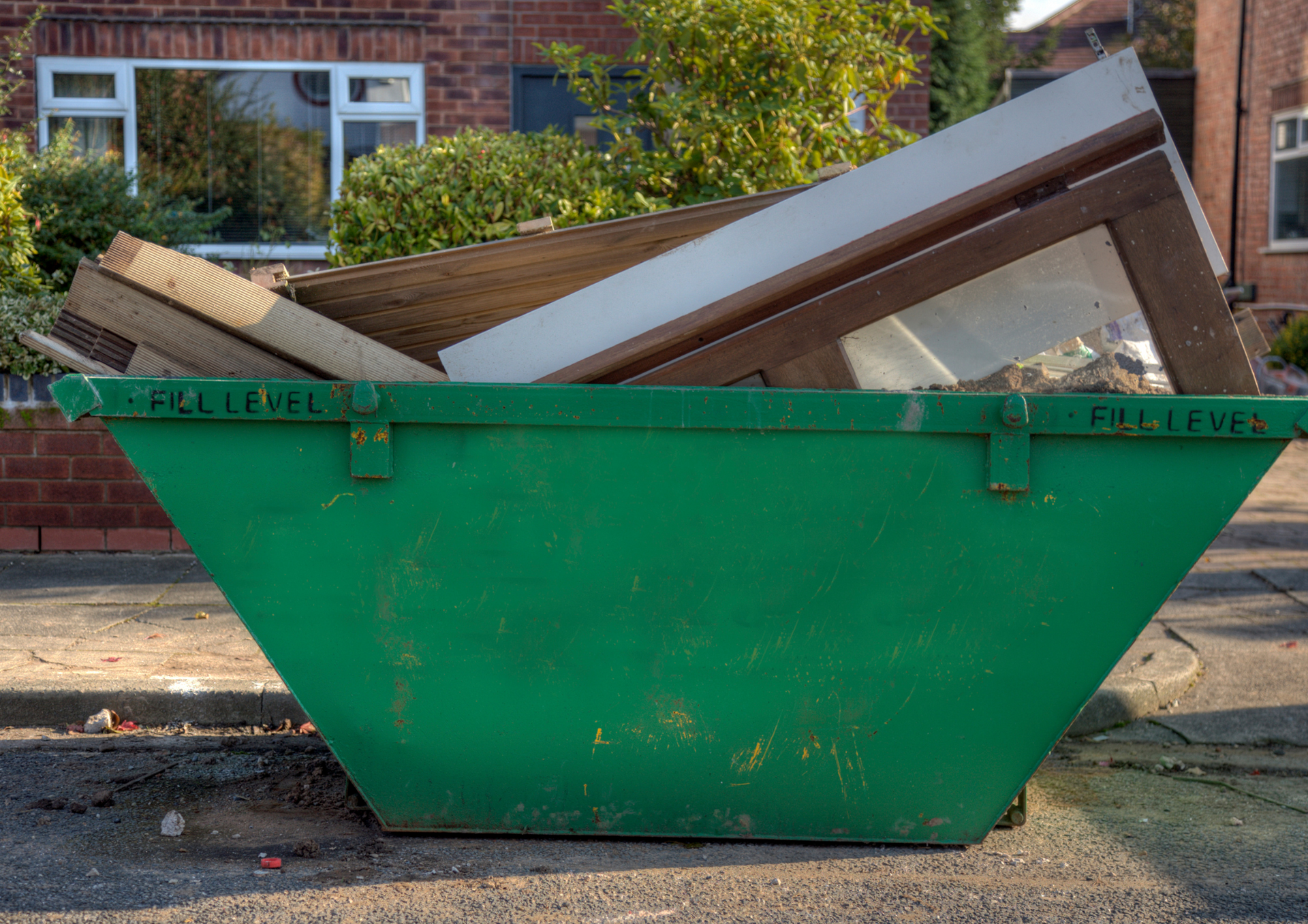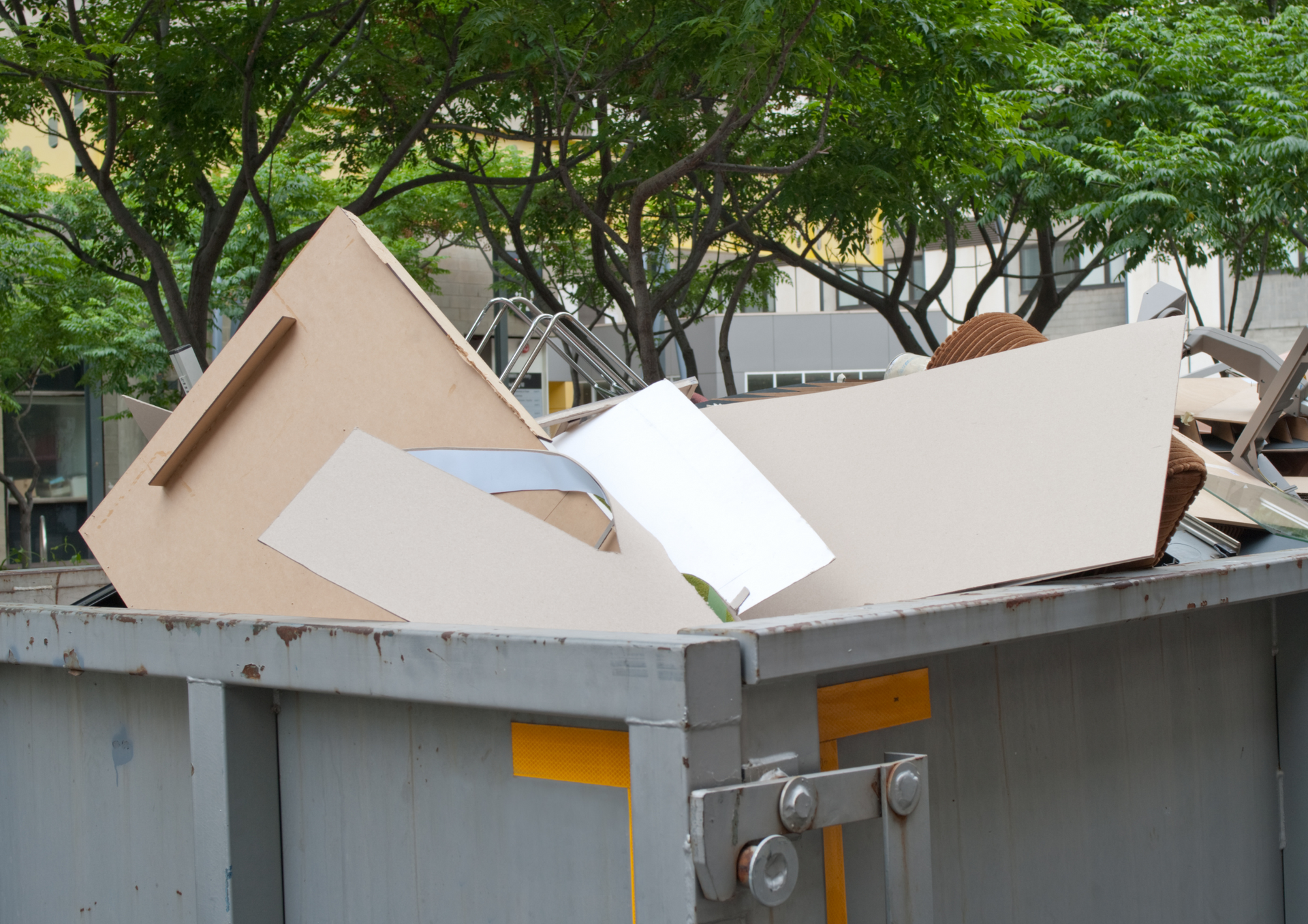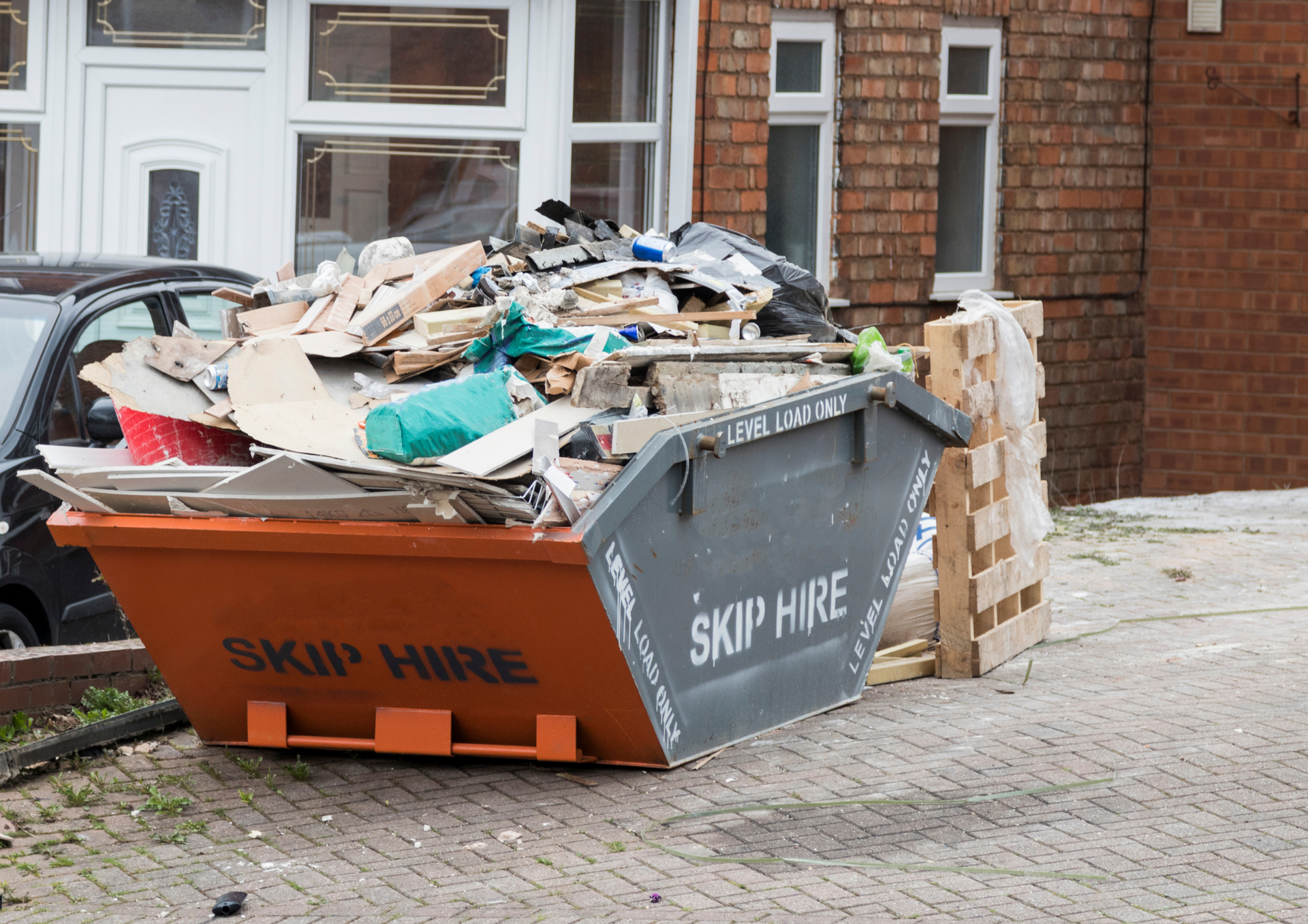Skip Hire Tips for Construction Sites: Best Practices to Follow
Managing waste effectively is a key component of any successful construction or renovation project. At Barnsley, we understand that whether you're a homeowner undertaking a full property overhaul, a contractor on a commercial site, or a business clearing out after an office move, having a sound waste strategy is essential.
This guide helps you choose the right skip, stay compliant, avoid costly mistakes, and manage waste efficiently on construction sites.
Assessing Waste Types and Volumes
Before arranging your skip hire, it’s important to evaluate the types and quantities of waste your project will generate. Construction sites typically produce a variety of materials, including timber, bricks, concrete, metal, plastic, and general mixed waste. By estimating volumes ahead of time, you can avoid hiring the wrong skip size and ensure your waste is handled properly. This step also helps you separate recyclable materials from general rubbish, which not only lowers disposal costs but is also more environmentally responsible.
When looking for skip companies near me, it’s advisable to consider more than just the cost. Service quality, waste recycling practices, delivery reliability, and collection frequency are all factors that affect how smoothly your project will run. A professional skip provider should also advise you on legal requirements, such as what can and cannot be placed in a skip, saving you from potential fines or delays.
Selecting the Right Skip Size
Choosing the correct skip size is fundamental to controlling costs and keeping your site clear of clutter. For smaller-scale renovations or minor clean-up jobs, a 6 yard skip is often sufficient. It offers enough space for approximately 60 to 70 bin bags of waste and is compact enough to fit on most driveways or narrow streets. This size is a popular choice for domestic projects or small landscaping tasks.
If your project involves a more substantial amount of waste—perhaps from structural changes or a medium-sized construction job—a 8 yard skip may be more appropriate. This size holds around 80 to 90 bin bags and provides a balance between affordability and capacity, reducing the need for multiple pickups during your project.
For those dealing with extensive waste from demolition work, commercial refurbishments, or large-scale site clearances, large skip hire is a practical solution. These larger skips, ranging from 10 to 16 yards or more, allow you to dispose of significant quantities of waste at once, streamlining site operations and avoiding downtime caused by waiting for collections.
No matter the size, you should always consider access restrictions at your site. Inform your supplier about any tight entryways, overhead cables, or limited space, so they can deliver and collect the skip without issue. Taking the time to plan around these logistics ensures your waste removal remains smooth and efficient.
Practical Site Placement and Access
Once you’ve selected the right skip, you must give careful thought to where it will be placed on site. A flat, stable surface such as concrete or tarmac is ideal, as it prevents the skip from sinking or tipping when filled. Avoid soft ground or uneven terrain unless absolutely necessary, and always plan the position to minimize disruption to vehicles and workers.
Accessibility is just as important as placement. Skips should be positioned where waste can be loaded safely without obstructing walkways or machinery. Ensure that the delivery lorry can access the site without obstructions and that skips aren’t placed near overhanging branches or low-hanging wires. If placing the skip on public roads or pavements, you’ll likely need a skip permit from the local council, which should be arranged before delivery. A responsible skip hire company will usually handle this on your behalf.
Organizing a designated loading area can improve site safety and waste efficiency. Workers should be encouraged to distribute waste evenly inside the skip, placing heavier materials at the bottom and lighter items on top. This not only maximizes space but also reduces the risk of tipping when the skip is collected.
Safety, Compliance, and Environmental Considerations
Proper compliance with waste regulations is a legal obligation and a mark of professionalism. Every business or individual responsible for producing waste has a Duty of Care under UK law to ensure it is managed responsibly. This includes using a registered waste carrier, keeping accurate documentation, and disposing of waste only at authorized facilities. Always request a Waste Transfer Note when your skip is collected, as this serves as proof that your waste was handled correctly.
Where possible, it’s worth separating different types of waste on-site. For example, you might want to keep metal, wood, and plasterboard in separate containers or piles before loading the skip. Doing so helps increase recycling rates, which is better for the environment and often more cost-effective in the long run.
When dealing with hazardous materials such as asbestos, paints, solvents, or contaminated soil, you must not place these in a general skip. These require specialist handling and disposal methods to ensure compliance with environmental laws. Skipping this step could result in hefty penalties or project delays. Skips also help to reduce manual handling injuries and clutter on construction sites, promoting safer working conditions overall.
Whether you’re building a new property, renovating an existing one, or simply clearing out a large volume of waste,
skip hire remains one of the most efficient ways to manage disposal on a construction site. By accurately assessing your waste types, selecting the correct skip size, placing your skip strategically, and following safety and legal guidelines, you can keep your project on track and within budget. Thoughtful planning and responsible waste handling benefit not just your team and timeline, but the environment too.
Skip Hire Barnsley provides reliable, professional skip services for construction sites, renovations, office clear-outs, and more. With local expertise and prompt delivery, we ensure compliance and convenience. Our all-inclusive pricing means no hidden fees, and we offer a wide range of skips—from 6 yard to large options. We’re committed to environmental responsibility and legal compliance, with expert support ready to assist on size, site placement, and permits.
Just out on X: Top
skip hire tips for construction sites – follow these best practices!




